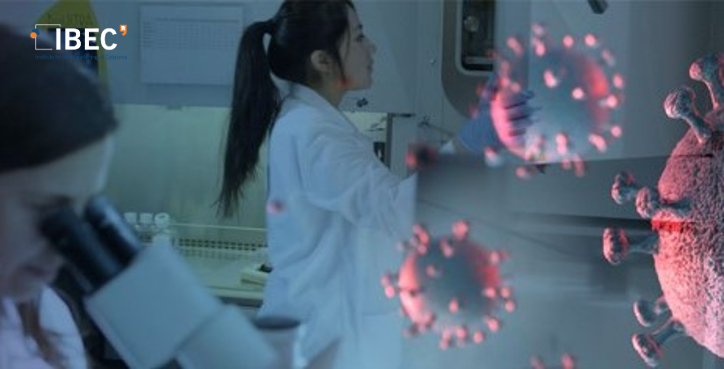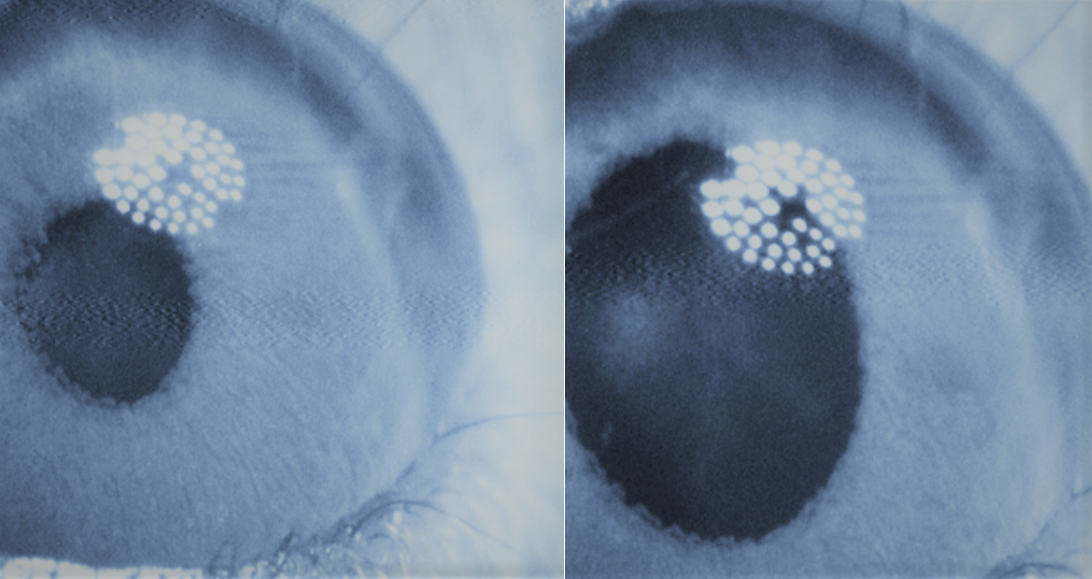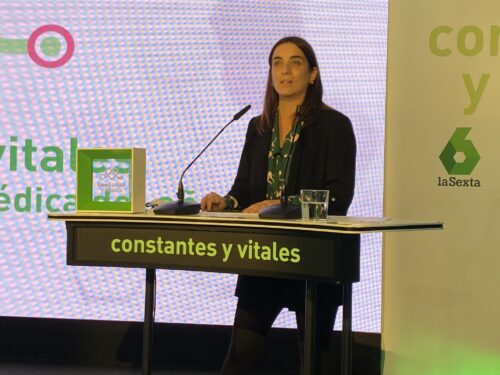Search Results for:
IBEC calls society to action to accelerate research against COVID19
The Institute for Bioengineering of Catalonia (IBEC) launches the Faster Future “A por la COVID19” campaign, with the aim of raising the 100.000€ needed to accelerate three research projects in collaboration with hospitals and patients associations.
Craftworking in the lab
After 5 years at IBEC, Elena’s stage as a doctoral student comes to an end, next 11th December she is presenting her thesis… but this is just the beginning the … Read more
Researchers discover a mechanism to cross the protective barrier of the brain
An international study led by IBEC researcher Giuseppe Battaglia identifies a mechanism and conditions that allow molecules to efficiently cross the blood-brain barrier, the protective layer of the brain. This study describes the role of protein LRP1, bringing light to safe and efficient entrance of drugs to the brain.
Research Assistant at the Integrative Cell and Tissue Dynamic Research Group
 Application Deadline: 10/12/2020
Application Deadline: 10/12/2020
Ref:RA-AL
The Integrative cell and tissue dyamics group at the Institute for Bioengineering of Catalonia (IBEC) is looking for a Research Assistant to lead his research project on the development of a tumor on-chip. The contract will be within the framework of the research aim “Tumour and stromal interactions” whose objective is to understand how physical forces between tumor and stromal cells cooperate to drive tumor progression and therapies outcomes
Predoctoral Researcher at Integrative Cell and Tissue Dynamics group
 Application Deadline: 15/12/2020
Application Deadline: 15/12/2020
Ref:PH-XT
The Integrative cell and tissue dyamics group at the Institute for Bioengineering of Catalonia (IBEC) is looking for a Predoctoral Researcher to work on the mechanobiology of stem cells and intestinal organoids. The contract will be within the framework of the ERC project EpiFold, whose objective is to engineer the shape and mechanics of epithelial layers.
New molecules developed in IBEC allow dilating the pupil with light
A study led by researchers from the ‘Nanoprobes and Nanoswitches’ Group of the Institute for Bioingeniería of Catalunya (IBEC) shows, for the first time, that the receptor proteins that control processes such as the pupil reaction can be regulated by light and new chemical compounds called “Adrenoswitches”.
Postdoctoral Researcher for Integrative Cell and Tissue Dynamcis group
 Application Deadline: 15/12/2020
Application Deadline: 15/12/2020
Ref:PD-XT
The Integrative cell and tissue dyamics group at the Institute for Bioengineering of Catalonia (IBEC) is looking for a Postdoctoral Researcher to work on the computational modelling of epithelial sheets. The contract will be within the framework of the ERC project EpiFold, whose objective is to engineer the shape and mechanics of epithelial layers.







